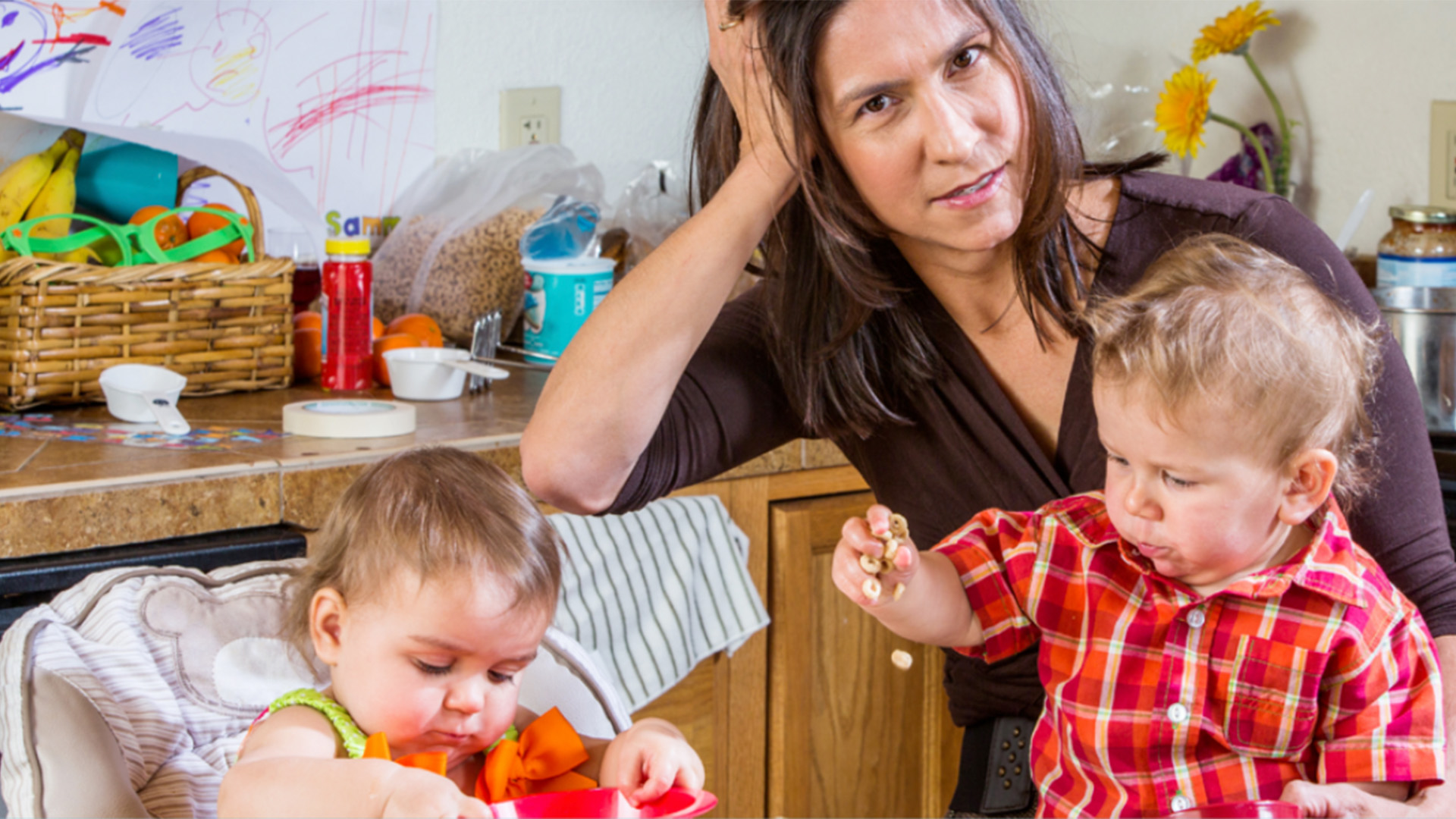January 27, 2026
How Parents and Caregivers of Kids with Autism Cope with Stress
FEATURED POSTS
December 30, 2025
December 15, 2025
November 25, 2025
Parenting can be stressful, and research shows that parents of autistic children consistently score higher on stress indicators than other groups of parents. While stress can be good for us—in manageable doses, it can energize and motivate—prolonged bouts of stress can lead to health problems. In fact, parents of autistic children report that they experience more depression, anxiety, and stress-related health problems than other parents. Parental stress has also been associated with marital distress, less effective parenting, and dropping out of treatment.
Why is this? Although no causal relationships have been definitively shown to exist between parental stress and kids with autism, several factors likely play a role. Some families cite pressure to get treatment early on, amplified by stories of “recovery.” A lack of sleep, financial burdens magnified by the need to pay for treatments, a greater necessity for parental vigilance and advocacy, and the presence of challenging behavior can also contribute to more parental stress.
If parents of kids with autism do, as research indicates, experience higher stress, what, then, does the research say can help parents and caregivers cope? Here are three research-backed suggestions:
1. Effective treatment for children
It stands to reason that effective treatment can mitigate some of the parental stress experienced by families with autistic children, particularly those whose children struggle with communication and challenging behavior. As numerous studies suggest, the effects of challenging behavior (aggression, defiance) on the family system are a major factor in parenting stress.
What, then, triggers or leads to challenging behavior? Often, challenging behavior is precipitated by communication difficulties or unexpressed/untreated pain—and, as you likely know, autistic children have more health problems than typical children. Intervention that supports your child’s communication, assists them in accessing medical services, and arms you with behavior management tools can lower distress in both child and parents. Likewise, reducing challenging behavior can also help you avoid the social stigma and feelings of exclusion and isolation that many parents report.
2. Coping strategies
Some research suggests that how parents direct their focus has an impact: those who concentrate on getting help, solving problems, and finding meaning in their experiences have better outcomes than those who avoid their emotions and stressors. It’s also clear that social supports can ease parent stress; this may be in the form of emotional support (family, friends, other ASD families), informational support (schools, professionals), or online communities. Other coping strategies found to be important in reducing stress include:
Optimism – Your family can cultivate optimism by shifting thoughts about why things are happening to what we can do to change them. For example, say a favorite service provider is leaving. A pessimistic parent might think they are partially to blame for the provider leaving (perhaps: she doesn’t care about us enough to stay), while a parent shifting to optimistic thinking may chalk up the loss of a provider to simply bad luck, and something that everyone experiences from time to time. The pessimistic parent may feel helpless in the face of changing providers, while a parent shifting to optimistic thinking will focus on what they can do to help the next provider be successful.
Emotional acceptance – Some parents report acceptance as a coping strategy that tempers stress. Continuously comparing an autistic child and their development to that of a non-autistic child can perpetuate anxiety. Accepting that an autistic child has unique needs, such as additional educational services and a parenting approach that is quite different from the approach used with siblings, can help ease some parental distress.
Cognitive reframing – Cognitive reframing is a coping strategy that can help families who have a child with differences adjust. For instance, parents might reframe their situation to see difficult events, rather than a difficult child, and view those difficulties as manageable—i.e., as problems that have a solution.
3. Mindfulness
A growing number of studies reveal that mindfulness programs can help reduce the additional stress experienced by parents of autistic children. Generally, programs consist of meditation, focusing on physical sensations, and letting go of thoughts. Some also include a discussion of stressors or light stretching. Parents participating in mindfulness programs report decreases in stress and depression, improvements in sleep and health, and increased self-compassion and feelings of well-being. In a study that paired mindfulness practice with training in positive behavior supports, the mothers experienced stress relief, while simultaneously learning strategies that significantly reduced their children’s aggressive and disruptive behaviors.
Raising a child with communication and behavior challenges is incredibly stressful, but it doesn’t have to sentence you to a life defined by stress. Do your best to recognize when the pressures of your life are creating a chronic stress situation, and take steps toward relieving the strain. This will not only improve your own health and happiness but also benefit your autistic child and the entire family system.
To read one mom’s account of the stress of parenting, see “To All the Other Parents of Children with Special Needs: I Feel You.” To dive into the research on coping strategies for parents and caregivers of kids with autism, see these studies:







